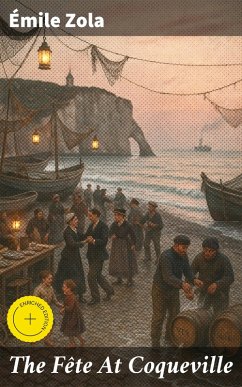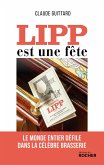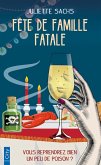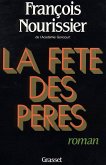In "The Fv(TM)te At Coqueville," vâmile Zola masterfully captures the essence of rural French life through a vivid portrayal of a village festival filled with exuberance and societal intricacies. The narrative unfolds in Zola's characteristic naturalistic style, which meticulously details the interactions among local townsfolk, utilizing rich imagery and a keen eye for socio-economic contexts. Through the lens of this celebratory event, Zola explores themes of community, class disparity, and the ephemeral nature of joy, reflecting the heartbeat of 19th-century France amidst industrial changes and class tensions. vâmile Zola, a leading figure in the literary naturalism movement, was known for his deep engagement with social issues and his relentless pursuit of realism in literature. His own experiences in the working-class neighborhoods of Paris, coupled with a profound understanding of the human condition, likely influenced his desire to document the lives of ordinary people. Zola'Äôs commitment to social reform and his critiques of capitalist society resonate throughout his works, including "The Fv(TM)te At Coqueville." This book is a compelling read for anyone interested in the intersections of culture and class in literature. Zola's ability to intertwine joy with the complexities of human relations offers a rich tapestry of life that will resonate with modern readers. Its exploration of community life makes it a significant contribution to the understanding of the social landscape of the era.
Dieser Download kann aus rechtlichen Gründen nur mit Rechnungsadresse in A, B, BG, CY, CZ, D, DK, EW, E, FIN, F, GR, H, IRL, I, LT, L, LR, M, NL, PL, P, R, S, SLO, SK ausgeliefert werden.









